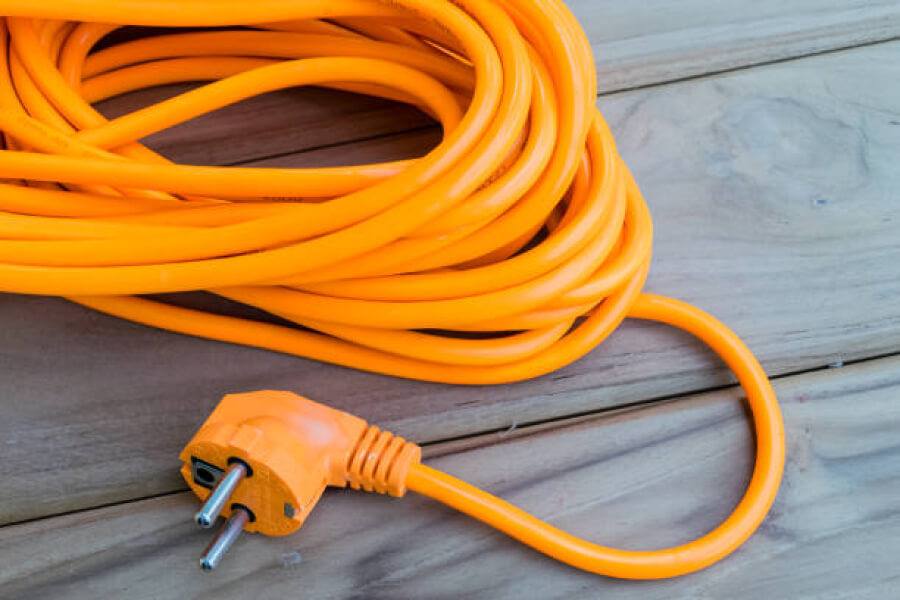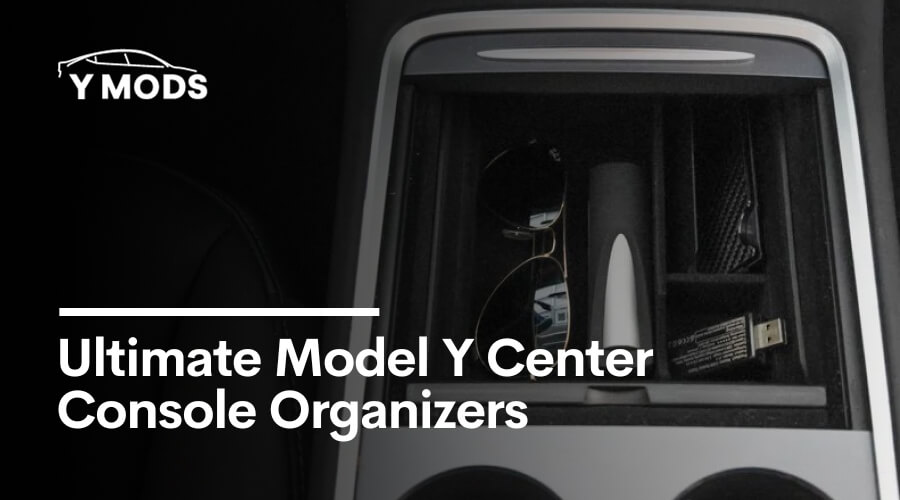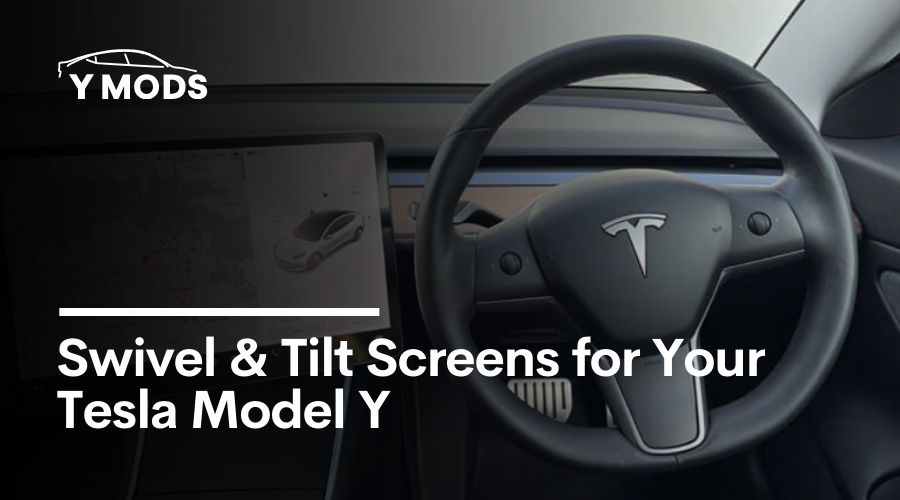Here’s What Happens When You Use a Normal Heavy Duty Extension Cord for EV Charging
You’re already doing your part for the environment by cruising around in a Tesla. And yes, Tesla’s aren’t the cheapest cars in the world, nor are the necessary accessories like charging cords. It might be tempting to cut corners and save money, but when it comes to charging up your ride, it’s crucial to have the right equipment on hand. Using a regular heavy duty extension cord for EV charging might seem like a convenient hack, but it’s actually a dangerous move. In this article, we’re breaking down the risks of this common mistake and showing you why it’s essential to invest in a dedicated EV charging station or manufacturer-approved charging cord.
Why You Shouldn’t Use an Ordinary Heavy Duty Extension Cord for EV Charging

Are you part of EV or Tesla Facebook groups? Have you ever seen people posting their charging hacks? Because we have. A post on the Electric Vehicles of Australia Facebook group is showing how it’s technically possible to “safely” use a basic heavy duty extension cord to charge a Tesla… but just because it’s technically possible, that doesn’t mean you should.
Fraser W ran an ordinary 1.0mm2 “heavy duty” extension cord for 10A EV charging for 15 minutes (reducing it to 9A after 7 minutes). The hottest part of the cord was the plug, which according to his thermal imager reached 42 degrees. The cord itself reached about 30 degrees (7 degrees above ambient), and the socket 29 degrees. The type 2 plug (within spec) was only 1 degree above ambient. According to Fraser, the plug heat is in part due to transmitted heat from a suboptimal socket.
While some group members loved this hack, others weren’t overly impressed. One user commented: “Not being rude I just think why not just go buy a suitable cable. So what if it’s $150. You just paid $60 or $70k for the car. It’s also cheaper than burning down the car and house.”
Another said: “ALL extension cords are sub-optimal! If you are desperate and are forced to use one, the HPM branded ones would give you the best result, repeated times. Once the conductors darken though, it’s time to throw the cable out. Granny chargers need to be directly connected to a mains socket, and not an older type one. As for folks retrofitting 15A plugs to cable, one dodgy connection you make with the cable and the plug will melt down and end in a nasty fire. So, just don’t.”
Here are just 4 good reasons you shouldn’t use anything except a dedicated EV charging station or manufacturer-approved cord.
1. Overheating
Heavy duty extension cords are designed to carry a certain amount of current, typically between 10 and 15 amps. However, EVs require much more power to charge, often between 30 and 50 amps or even higher for fast charging stations. Using a heavy duty extension cord that is not designed for these high power requirements can cause the cord to overheat, potentially causing a fire or other safety hazard.
2. Voltage Drop
Another issue with using a normal heavy duty extension cord for EV charging is voltage drop. The longer the cord, the more voltage drop there will be, which can result in slower charging times and even damage to the EV’s battery. Voltage drop can also cause the EV to draw more current than the extension cord is rated for, which can lead to overheating and other safety hazards.
3. Safety Hazards
Using an extension cord that is not rated for EV charging can also increase the risk of electric shock or electrocution. This is especially true if the cord is damaged or not properly grounded. Electric vehicles use high voltage DC power, which can be deadly if not handled properly. Using the wrong equipment to charge an EV can put you, your vehicle, and anyone nearby at risk.
4. Warranty Void
Using a non-approved extension cord for EV charging can also void the vehicle’s warranty. Most EV manufacturers require the use of a specific charging cord or station to ensure the safety and reliability of their vehicles. Using a different cord or station can not only be dangerous, but it can also invalidate your warranty and leave you responsible for any damage or repairs needed.
In Conclusion, Don’t Do It
There’s no beating around the bush: using a regular heavy duty extension cord to charge your EV is downright dangerous. To ensure your electric vehicle is safe and reliable, we highly recommend opting for a dedicated EV charging station or a charging cord that’s been approved by your ride’s manufacturer. If you absolutely have to use an extension cord, make sure it’s specifically designed for EV charging and has the proper ratings and certifications to handle the high power demands. Remember, safety first, guys. Keep your EV running like a dream by investing in the right gear.
RELATED POST


